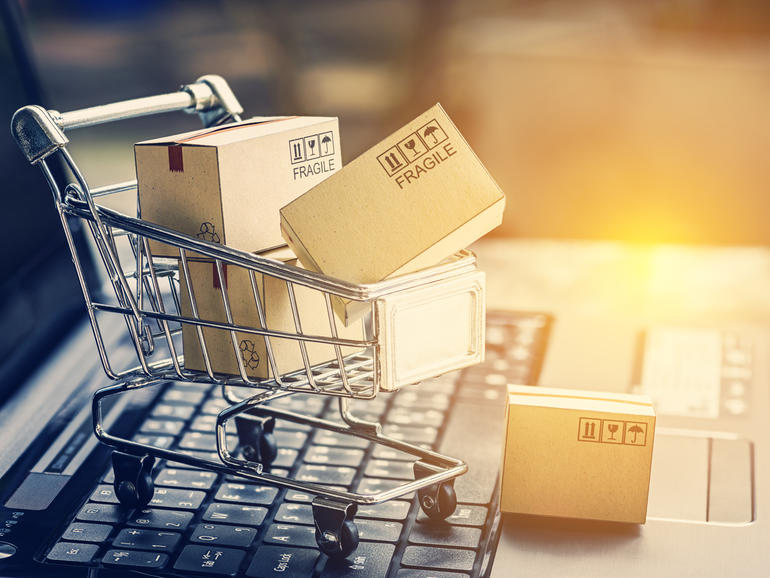Most online purchases in Brazil were made through smartphones since the start of the Covid-19 pandemic, according to research.
The Brazilian e-commerce segment has grown 41% in 2020, generating the equivalent of 87.4 billion reais ($ 15.1 billion), the best performance since 2007, according to the Webshoppers study conducted by consultancy Ebit/Nielsen in partnership with Brazilian fintech Bexs.
More about e-commerce strategies
Of the 194 million purchases made in 2020, 55,1% were made through smartphones, according to the study. This equals to 45.9 bllion reais ($ 7.9 billion) of sales through m-commerce. According to the research, this points to an accelerated consumer maturity process in Brazil driven by Covid-19, in relation to buying items online, specifically through mobile devices.
The growth in m-commerce in 2020 compares to the Webshoppers study from 2016, when purchases through mobile devices in Brazil accounted for 14.3% of all online sales.
Just before Covid-19 was announced as a pandemic, the Brazilian Electronic Commerce Association (ABComm) released an estimate that e-commerce sales in Brazil would reach 106 billion reais ($18 billion) in 2020, the equivalent of 18% growth in relation to the prior year.
The reliance on smartphones can also be seen in how Brazilians handle their everyday financial affairs. Average Brazilian mobile banking users check their accounts 23 times on average a month, while the so-called “heavy users”, who carry out more than 80% of transactions digitally, log into their bank accounts about 40 times a month, according to a study carried out by Deloitte, published by the Brazilian Federation of Banks (Febraban) in June 2020.
The number of accounts opened via smartphones grew 66% in 2019 compared to the previous year, according to the research, totaling 6.5 million. Internet and mobile banking were responsible for 63% of banking transactions in Brazil that year.
